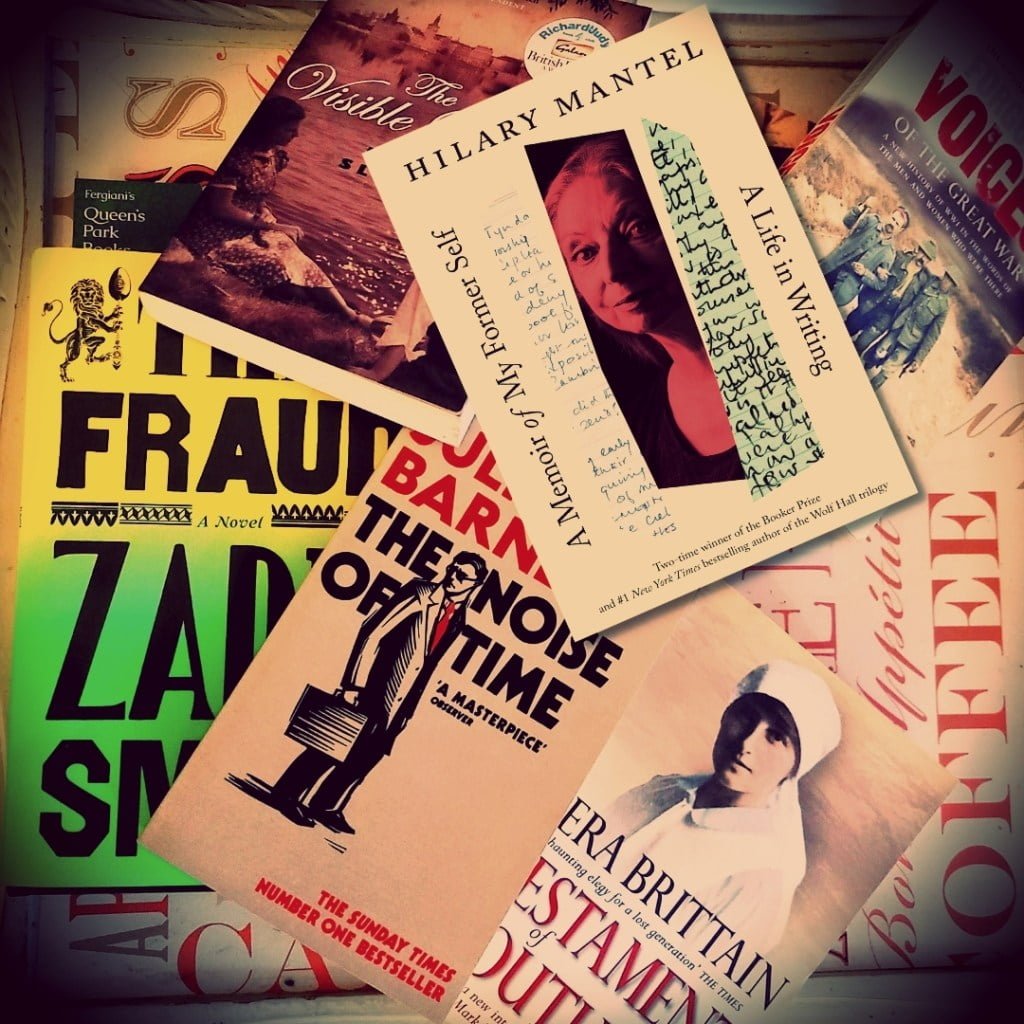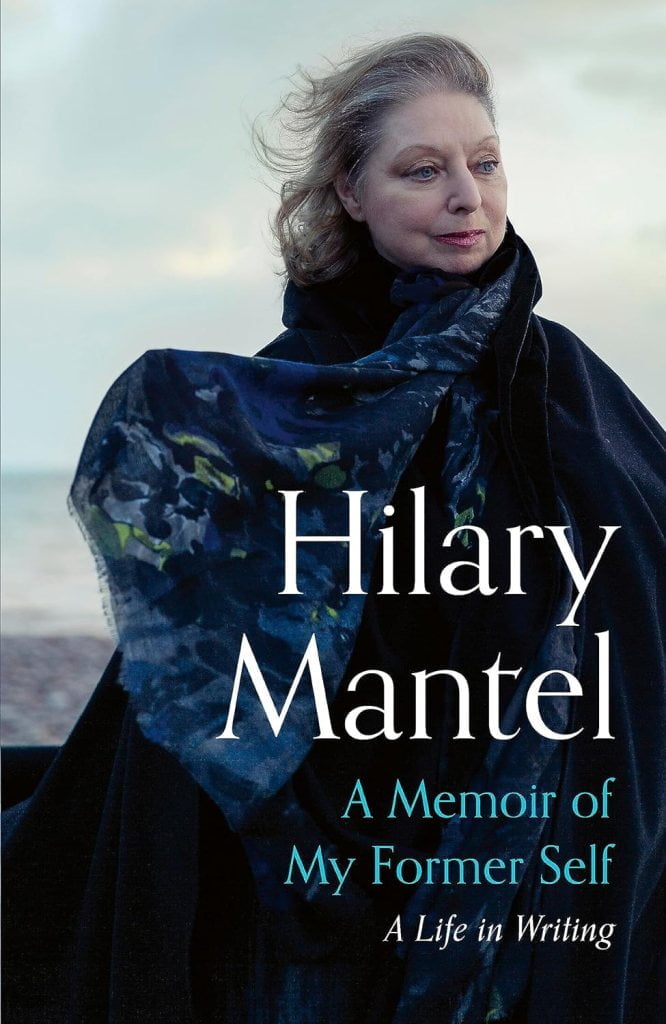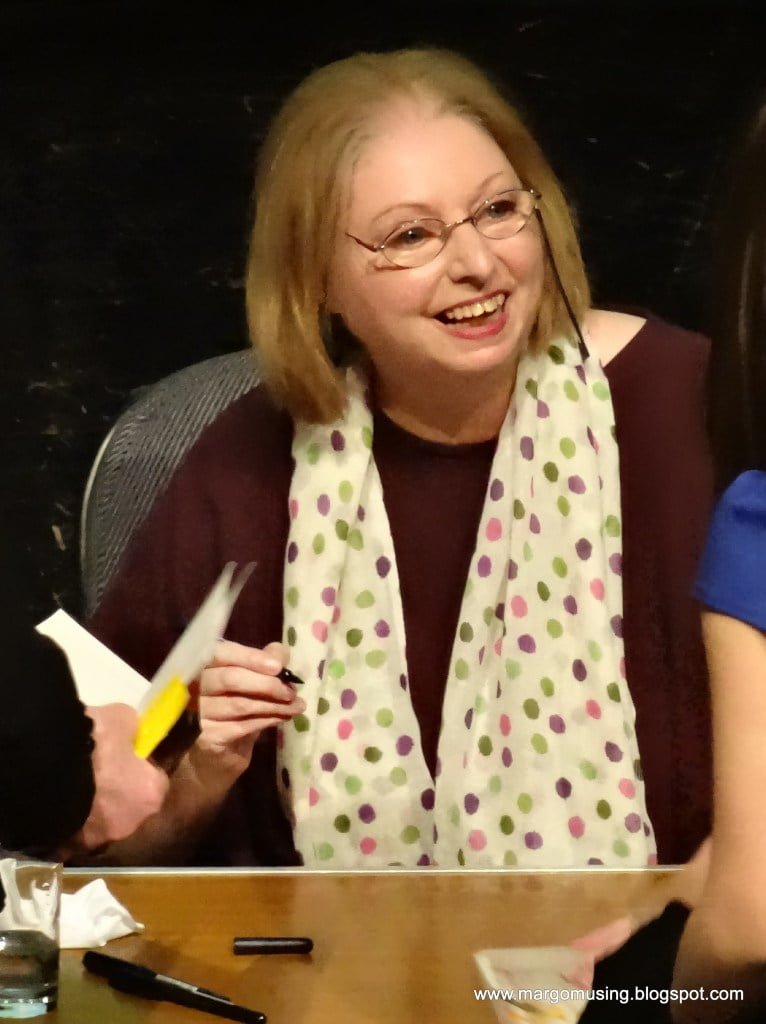There are few names as revered and respected as that of Hilary Mantel in literature. Her untimely passing in September 2022 left a void in the creative world, but it also left us with a treasure trove of her insightful essays, collected in the posthumous anthology titled “A Memoir of My Former Self: A Life in Writing.” This anthology not only showcases Dame Mantel’s unparalleled power of observation but also proves her remarkable ability to turn her hand to any subject.

Who was Hilary Mantel?
MEET THE AUTHOR
Hilary Mantel
Hilary Mantel, born on July 6, 1952, in Glossop, Derbyshire, England, sadly died last September, leaving an indelible mark on the world of literature with her multifaceted body of work.
Mantel’s literary repertoire encompassed historical fiction, introspective memoirs, and captivating short stories. Her writing was distinguished by its uniquely bleak yet humorously incisive exploration of societal dynamics, often featuring morally intricate characters.


Hilary Mantel books
Undoubtedly, the pinnacle of her literary achievement lies in her remarkable trilogy chronicling the life of Thomas Cromwell. Comprising “Wolf Hall” (2009), “Bring Up the Bodies” (2012), and “The Mirror & the Light” (2020), this series achieved the extraordinary feat of winning the prestigious Booker Prize twice. This accolade secured Mantel’s place in history as the first woman to accomplish such a remarkable double triumph.
In addition to her Cromwell trilogy, Mantel’s literary repertoire boasts other noteworthy works, including the compelling novels “A Place of Greater Safety” (1992), “Beyond Black” (2005), and “The Giant, O’Brien” (1998). Her memoir, “Giving up the Ghost” (2003), offered readers a candid and introspective look into her personal journey.
Mantel’s literary impact transcended borders, with her works translated into more than 30 languages, a testament to their universal resonance. Her contributions to the literary world were acknowledged with the award of the Order of the British Empire (OBE) in 2006, followed by the prestigious honour of Dame Commander of the Order of the British Empire (DBE) in 2014. Mantel sadly passed away from complications of a stroke that occurred three days prior to her death on September 22nd, 2022.
The versatility of Hilary Mantel: writing about anything and everything
Mantel’s writing has always been characterised by its versatility. She was known for seamlessly moving from historical fiction, such as her renowned Wolf Hall Trilogy, to contemporary topics like the movie “Fatal Attraction.” She didn’t hesitate to examine the complexities of Princess Diana’s life or plumb the depths of grief. In her essays, she demonstrates that she can turn her brilliant prose to any subject matter and make it not just readable but also enlightening. In 1988 for example, she wrote about the futuristic dystopian film “Robocop,” under the essay entitled “Good Clean Violence,” where she describes the protagonist Murphy as a monster who is “poignant” and the film, “a pure delight.”
However, one of the central themes in this collection is Mantel’s connection to her roots and her identity. Her imminent move to Kinsale, Ireland, was a testament to her desire to reconnect with her heritage in the wake of Brexit. It’s no surprise that she chose John McGahern, the Irish writer known for chronicling rural life and the Catholic Church’s influence, as the subject of one of her essays. Her move to Ireland and her interrogation of nationalism and identity further underscore her ability to engage with diverse and complex subjects.
“First, Jack Mantel came as a visitor, then he moved in, and his possessions, books included, arrived by degrees from his mother’s house […] When Jack arrived, my father Henry did not move out.”
Mantel’s personal reflections also offer a glimpse into her early years and her relationship with her stepfather, Jack Mantel. She recalls the introduction of his tattered, brown-spotted books into her life, a significant influence that shaped her literary journey. She talks about the strangeness of never seeing her biological father again after her stepfather Jack and her family moved away. Her journey from a small, pale girl with inky fingers to a celebrated author was not without its challenges, and she doesn’t shy away from discussing the obstacles she faced.
From personal reflections to philosophical musings: Mantel’s honest self-portrayal
Yet, Mantel’s range extends far beyond her personal connections. In “A Memoir of My Former Self,” she also delves into her lifelong passion for Jane Austen, offering fresh insights into the beloved author. Her final book that she was working on was said to be a “mashup” of Jane Austen novels, according to the Guardian. Thus the book’s organisation, like a patchwork quilt of her life, allows us to see Mantel’s multitude of personalities and interests laid bare.
What sets Mantel apart as a writer is her unapologetic honesty and her wicked sense of humour. Her essays reveal a writer who doesn’t hide behind her words but embraces the raw and unfiltered truth. Mantel wasn’t afraid to let readers glimpse her vulnerabilities and insecurities, such as her ongoing health issues with endometriosis, a trait that makes her work relatable and captivating.
Read: The Teachers: Robbins shows how US schools expect staff to be martyrs – review
We see this particularly in the essay “Exam Fever,” Mantel reflects on her experiences at school and the anxiety that often accompanies academic success. Her ability to connect with readers on a personal level is a testament to her skill in making any topic relatable and engaging. She questions the imposter syndrome that many face when success comes their way, showing that even someone as accomplished as her had moments of doubt.
“These days I’m always glad when autumn comes, when the exam season is over, and the poor teenagers have had their results ridiculed, and everyone is bedded down, or not, in their university or college. In the lead-up, while the discussion of declining standards is going on, I’m subject to flares of retrospective panic.”
Hilary mantel, “Exam Fever” from ‘A Memoir of my Former Self’
Additionally, a significant portion of this collection comprises her journalism, particularly pieces published in The Guardian, a publication she contributed to for many years. In one essay, she beautifully encapsulates her perspective on the complexity of human situations and the challenges of public debate. She notes, “Being a novelist has taught me, if I didn’t know before, that almost all human situations are complex, ambiguous and shifting.” Her experience as a novelist allowed her to navigate these complexities with finesse, whether in her fiction or her essays.
An intriguing aspect of Mantel’s essays is her exploration of the creative process. She opens up about her struggles with writing, the fear of commitment to a particular narrative path, and the difficulty of recognising a story when it presents itself. She acknowledges that the journey of a writer is fraught with uncertainties and hesitations.
Mantel also reflects on the financial side of writing, acknowledging that many novelists turn to journalism to support their craft. Her insights into the relationship between journalism and fiction shed light on her unique approach to storytelling. She understands that while journalism deals in facts, fiction is about ideas, metaphors, symbols, and myths. It’s about the inner meaning, the particular that suggests the general.
Themes that transcend time
Throughout her essays, Mantel weaves together themes of identity, feminism, family, and the human condition. She contemplates the nature of grief, drawing on her own experiences and the words of C.S. Lewis to paint a poignant picture of mourning. She questions the five stages of grief defined by Elisabeth Kübler-Ross, challenging the notion of a linear progression through sorrow and offering a more nuanced view of the grieving process.
Mantel’s writing is not limited to the literary world; she also explores the impact of technology on our identities, the blurred lines between reality and fiction, and the ways in which we adapt to changing circumstances. Her keen observations on these subjects showcase her ability to engage with contemporary issues and make them accessible to her readers.
Read: Doppelganger by Naomi Klein rethinks self amid mirrored reality – review
In her essay “Touching Hands with the Lost,” Mantel probes into the concept of ghosts, both literal and metaphorical. She suggests that ghosts may not necessarily be the departed but could represent something not yet born—a symbol of our eternal quest for meaning and understanding. Her musings on the persistence of this quest, even in the face of seemingly insurmountable odds, reveal her deep philosophical insights. A touching addition to the collection given we’re now reaching out to her through her own posthumous work.
“[Perhaps] a ghost is not something dead, but something not yet born: not something hidden, but something that we hope is about to be seen.”
Hilary Mantel, “Touching Hands with the Lost” from ‘A MEMOIR OF MY FORMER SELF’
In the end, Mantel’s words remind us that the power of observation and the art of storytelling can bridge gaps, transcend boundaries, and bring even the most diverse subjects into focus. “A Memoir of My Former Self” continues to resonate with readers, offering them a window into the complexity of the human experience and the vastness of the literary world. As we celebrate her life and work, we can only marvel at the enduring legacy of Hilary Mantel, a writer who could write about absolutely any subject with unmatched brilliance.
[…] 📚 A Memoir of My Former Self: A Life in Writing by Hilary Mantel (2023). British literary icon Hilary Mantel reflects on her life and work in a dazzling posthumous collection of essays. Check out our review of Hilary Mantel’s anthology. […]
[…] Read: A Memoir of My Former Self: Hilary Mantel continues to excel – review […]